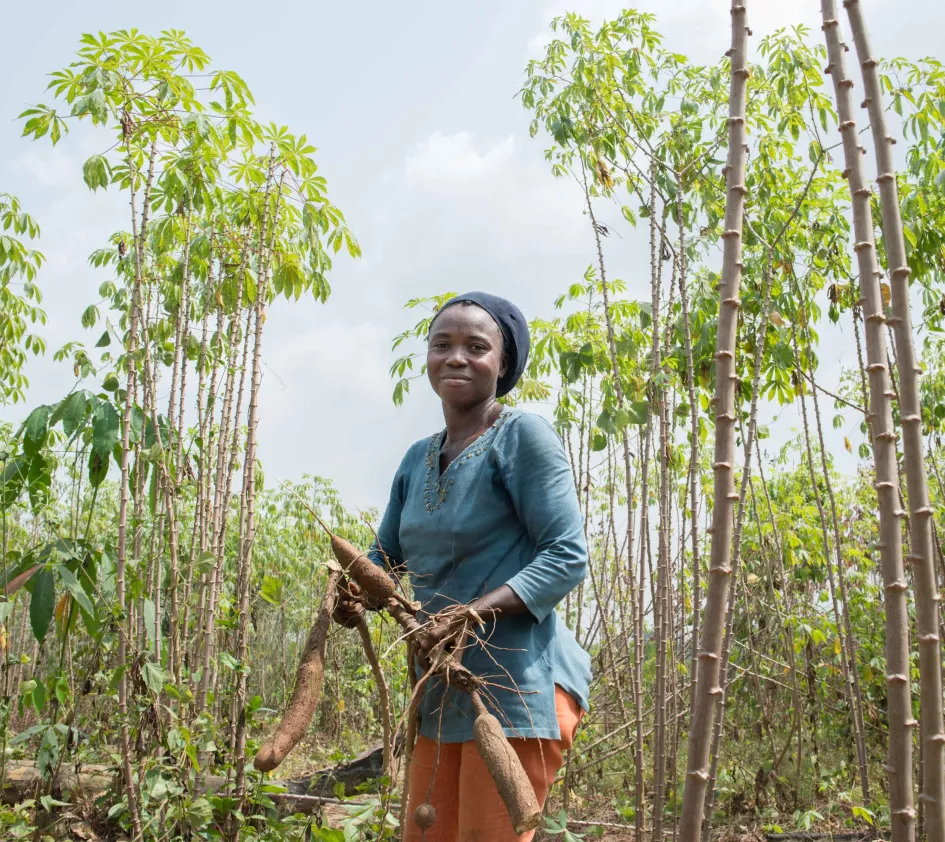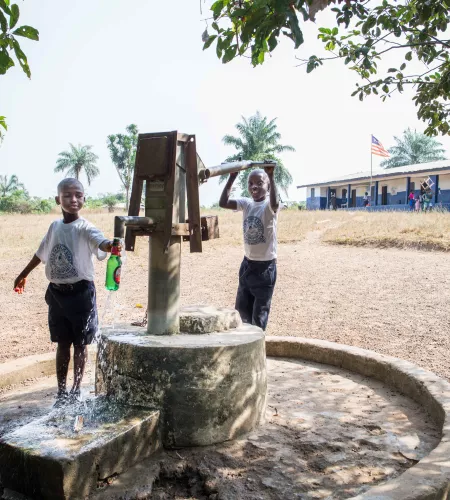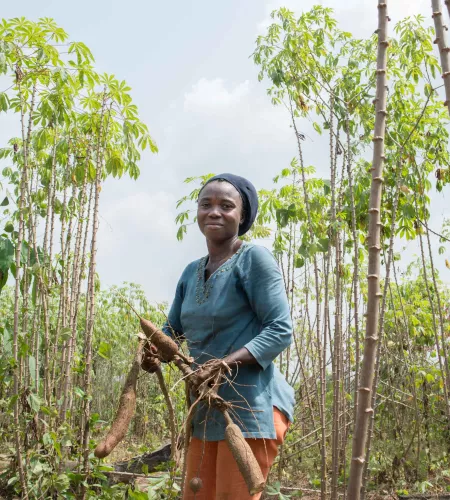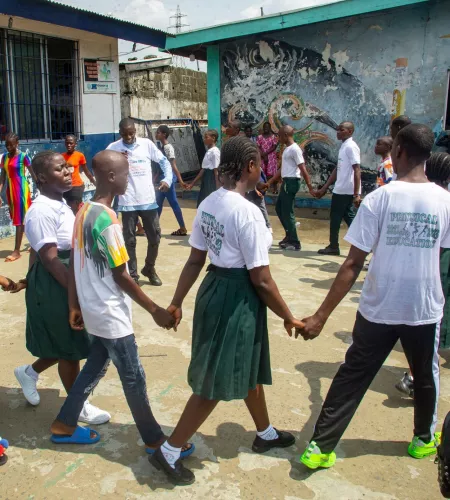More than half of the Liberian population lives in poverty and many people have no access to clean drinking water and/or sanitation. Due to the civil wars, mutual distrust often runs very deep. But gradually, people start to work together more and they can provide for their livelihood. After twenty years of reconstruction, during which ZOA worked together with the Liberians to create a healthy, resilient society, ZOA is now transferring its projects to local organisations.
A selection of our activities in the past 20 years:




